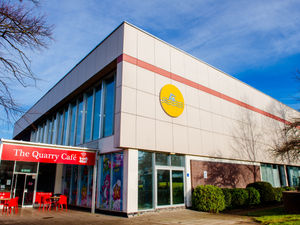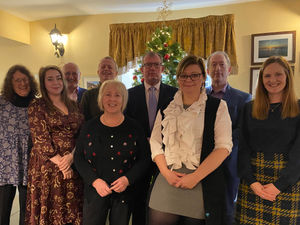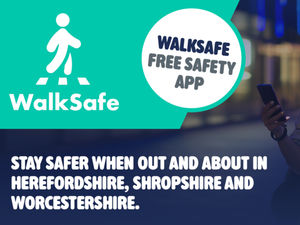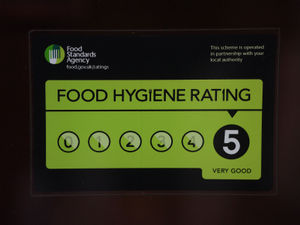Phil Gillam: Artist leads the way to my inner child
Crayons, brightly coloured chalks, felt-tip pens, paper, scissors, glue, and your own imagination. These, you may think, make up the stuff of childhood.
And our society seems to urge us, when we reach a certain age, to put away childish things.
We're supposed to become all serious and be pre-occupied with mortgages and insurance policies. (Yawn, yawn).
We're supposed to step away from such simple pleasures as "colouring in" and comic-book superheroes.
And yet the recent explosion of interest in "colouring in" books for grown-ups and the huge number of adults who love superhero films rather flies in the face of this stuffy, old-fashioned "wisdom".
Well, you might think we now live in much more enlightened times and that society no longer frowns upon grown-ups who use crayons and chalks.
Nevertheless, I confess to having felt (to begin with) ever-so-slightly foolish the other day when I went along to an arts workshop in Shrewsbury.
The event was held at the charming English Bridge Workshop by the immensely talented Shrewsbury artist and writer Emily Wilkinson (check out her website emilywilkinson.net) and was entitled Found Poetry and Text Art.
Emily promoted the event thus: "Get creative with words! In this workshop you will create poems, stories and your own artwork out of book pages and magazines. Using drawing and collage, I will demonstrate simple techniques to help you read between the lines and work with text on a new level."
This appealed to me greatly and I signed up for the workshop without hesitation.
And I have to say: It was terrific fun. I loved every moment of it. And my feelings of being ever-so-slightly foolish soon wore off.
In fact, I realised at one point that I'd been smiling to myself throughout the session, as I cut out images from Homes & Gardens, a road atlas, old bits of sheet music, The Guardian magazine, and glued them onto my "work of art" - creating a strange and wonderful pictorial narrative that was all my own.
I tried explaining all this to my mate down the pub on Friday night. I also tried explaining the possibly even more peculiar activity of creating "found poetry" where you take an old torn-out page from a book, scan it for words and phrases that somehow mean something to you, and black out with a felt-tip all the words you don't wish to use. What is left is your "found poem" … and (if you like) a piece of art too.
Why did I have a big smile on my face all the way through? Because I was having so much fun.
Did I create anything of worth? Who knows? Who cares? This was my very first attempt at this so perhaps one becomes better at it with practice. But it was incredibly enjoyable, relaxing and creative.
What did my mate down the pub make of it?
I think he probably thought it was a bit daft.
And maybe, in some ways, it is a bit daft. But I cannot see anything wrong in a harmless pursuit that is, as I say, enjoyable, relaxing and creative, all at the same time. And when you see where these techniques might eventually lead you (and, again, I would urge you to investigate Emily's superb work), you can see that it's actually not so daft after all and can result in works of great beauty, poems and images that are profound and moving.
Thank you, Emily, for a brilliant workshop.





